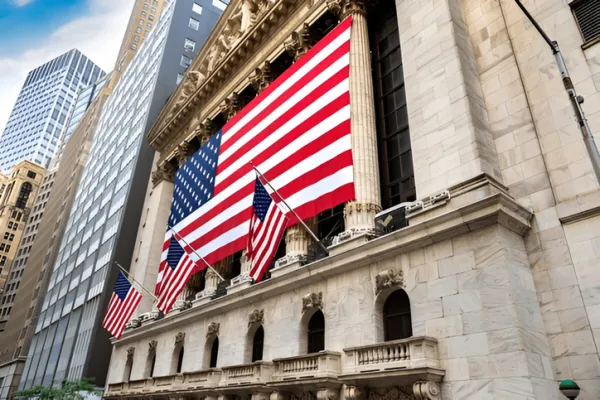If the global IPO market rebounds, it will be the Asia-Pacific region that will lead the recovery, IPO market watchers say. Asia-Pacific IPOs kept market returns positive through a disastrous quarter for global IPOs, says Kathleen Smith, co-founder of Renaissance Capital, a Greenwich, Connecticut–based IPO research firm. Thanks to high-performing China A shares — which trade only in renminbi — Asia-Pacific IPOs were up 9 percent for the quarter. Founder Securities, a Chinese financial services partner of Credit Suisse, raised $909 million and was up 44 percent on its first day of trading. Founder continues to trade at well above 75 percent of its offering price.
Smith believes that Asia-Pacific IPOs, driven by privatization of government entities and spin-offs of strong subsidiaries, along with consumer and materials sector companies, will continue to drive the global IPO market. She also expects overall fundamentals to improve because of the number of companies in the pipeline — a record 332 companies worldwide are scheduled for IPOs, with plans to raise nearly $183 billion — and because the IPO market can surprise with the same levels of overperformance as it does with periods of underperformance. In 2009, for example, the global IPO market returned 54.4 percent after a year in which it was down by more than 50 percent.
For the global IPO market, the third quarter began auspiciously, but market volatility and economic uncertainty soon brought the offerings to a halt. By the middle of August, the number of IPOs had dwindled to a handful. In fact, 87 percent of the capital raised over the quarter was gathered in the first six weeks.
Market volatility as well as uncertainty put the offerings on hold, says Renaissance’s Smith. All companies want their IPOs to trade higher than the offering price. If the market is volatile, they need to price the shares at a discount so that they will trade high. But with the global economy in shambles and the market wildly volatile, most companies decided they simply wouldn’t discount their shares very much. As many as 215 companies that expected to raise more than $44 billion withdrew their offerings or postponed them, says Dealogic, a capital markets data provider.
Among the companies that didn’t wait were recapitalizations in which investors had already taken their money out, corporate spin-offs and companies that desperately needed capital. Three of the top five largest deals were financial services firms, including Spanish banks Bankia and Banca Civica, and Credit Suisse partner Founder Securities. Bankia’s and Banca Civica’s IPOs, which together raised more than $5.2 billion, “did not have the luxury of waiting for calmer markets,” says Renaissance’s Smith. The two Spanish banks came to market under duress as they struggled to raise equity to comply with new capital requirements, and their relatively large offerings in the third quarter masked continued weakness in the European region. Indeed, Europe, which had six IPOs that raised a total of $6.4 billion, was down 11 percent for the quarter.
U.S. IPOs, with the exception of food/doughnut chain Dunkin’ Brands Group, fared dismally. C&J Energy Services, a provider of oil and gas exploration and production services, and Tudou Holdings, one of China’s two online video services, are both down nearly 40 percent from their offering price. Skullcandy, a highly touted maker of headphones, is trading at about 14, down 30 percent from its offering price. The companies that performed the worst were energy companies with cyclical exposure. But among the losers were financial companies that went public. The problems with the global economy and the deteriorating debt outlook will continue to hang over the stock markets, especially the IPO markets, says Renaissance’s Smith. And that will result in investors looking for higher-quality offerings and proven performance records. “Though investors will undoubtedly raise standards in the coming months in the context of a more fragile global outlook, this could prove favorable for global IPOs and force only the highest-quality candidates to come to market,” Smith says.





